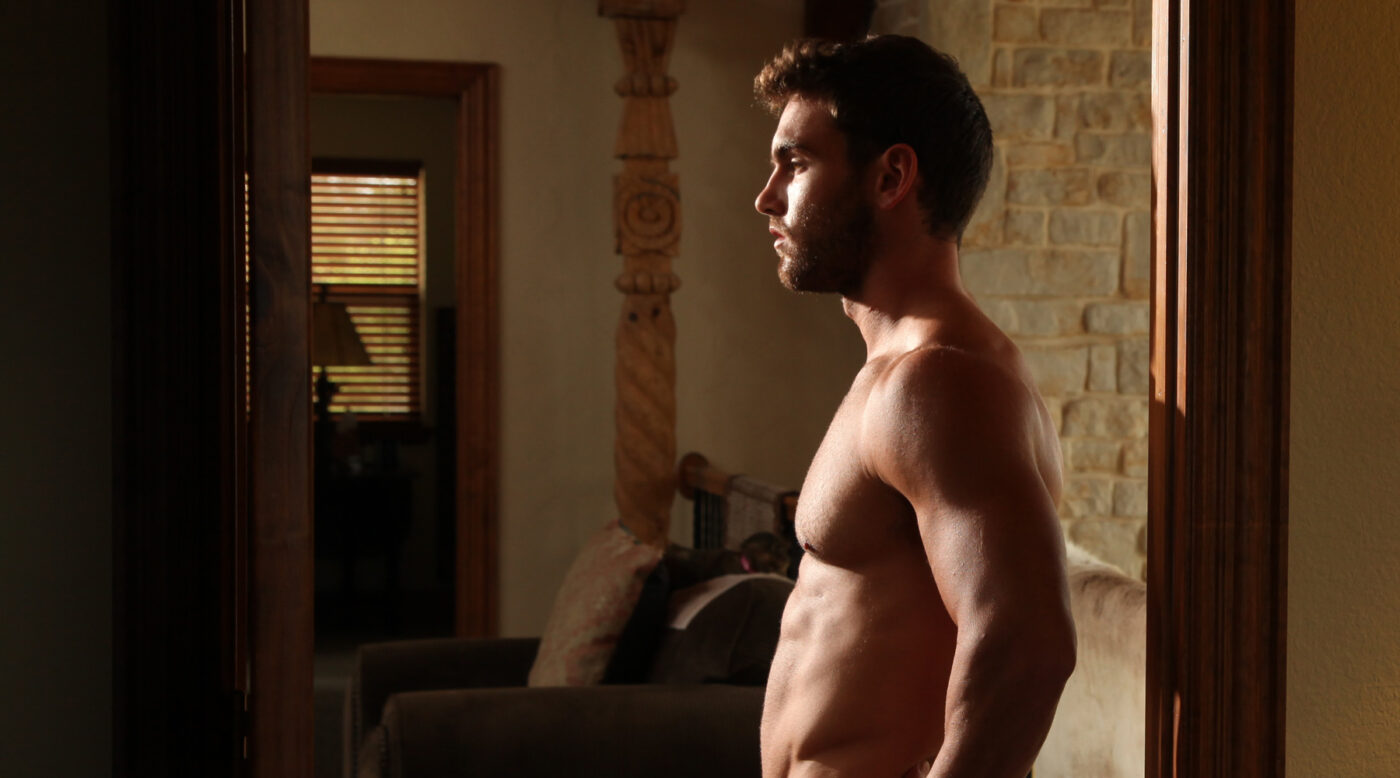Nobody looks forward to a breakup, but what if you were prepared for the end?
Breakups are like the stages of change. They often start in precontemplation and end in action. They can arrive at a lightning fast, whiplash inducing speed, or inch forward at a glacial pace, and even after all is said and done, the psychological effects can linger.
Attachment theory provides deeper insight into the aftermath. For instance, if you have an anxious attachment style, breakups can trigger deep fears of abandonment and rejection. You might seek immediate contact, and try to reconnect to soothe panic. Avoidants, on the other hand, may numb out the pain, or isolate from others, believing they are better off alone. In addition, early love is like an addiction (brain scans of new love are similar to brain scans of people high on drugs), which means that when it’s over you can go into withdrawal and feel physically ill from the ending.
Breakups aren’t only painful, but they trigger grief. Whether it’s the loss of the person; the loss of the version of yourself that only existed with them; or a lost future; breakups are a sign that you invested, cared for, and bonded with another human. And while a breakup may initially lead to a decrease in self-esteem, there’s promise for increased self-worth and independence on the other side. Breakups provide a growth opportunity by helping you tap into your true feelings, hone communication skills, and practice holding space and compassion for yourself.
What may help you move through, is to understand why the relationship is ending. Clarify if it was a fundamental value clash, a compatibility conundrum, or the loss of that loving feeling. A clear understanding, followed up with concise clarification of closure to your cancelled co-pilot, can ease the moving through process. Research shows that people who have a better understanding of the reasons for their breakup have lower internalized symptoms and higher relationship satisfaction moving forward.
Respect the relationship and try to end things face-to-face which is the more adult option than texting or ghosting. It could also provide a more reverential closure. Relationships that end face-to-face have the potential for a more complete emotional exchange. That said, if there is any risk of harm, end it over the phone or have backup nearby. And if there’s concern of sexual feelings overtaking you both, make sure it’s in a public space in a neutral neighborhood, and have an appointment to meet a friend immediately afterwards (or at least a scheduled phone date). Whatever you do, don’t do “it.”
Breaking up and moving on is all par for the course. Sure, time helps, but the brain needs to rewire. First, no contact, or social media stalking—yes, really (unless there are children, pets or other entanglements to negotiate – if so, limited contact). And replace that lost reward system with things like exercise, creativity, and new social connections. Go out, stay in, throw a pity party, give yourself ample time, or even five minutes every hour, to sit in the emotions of it all. But most importantly, rewrite your narrative. The end of a relationship isn’t proof you’re unlovable; it’s evidence that you can love, you do love, and you will love again.






